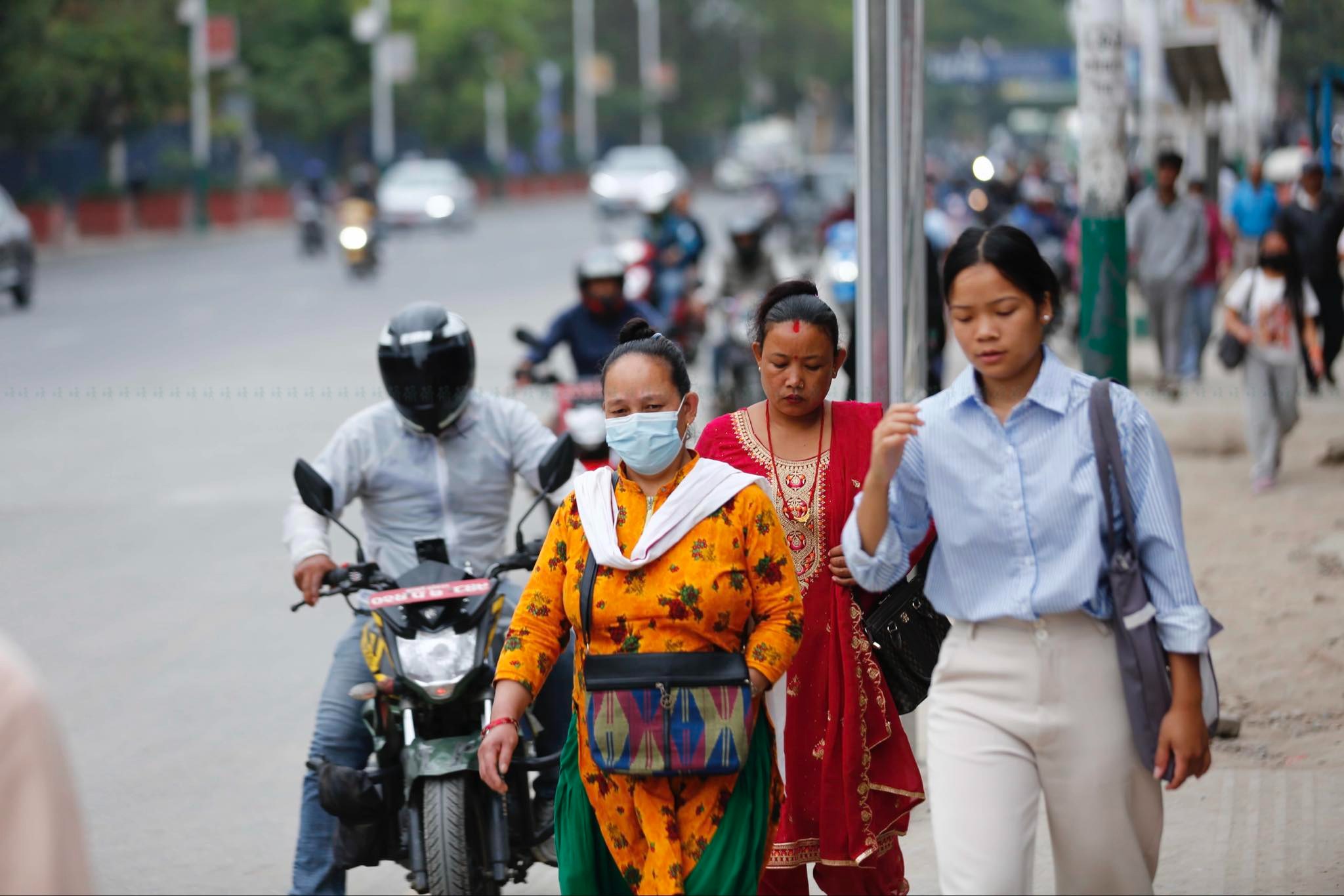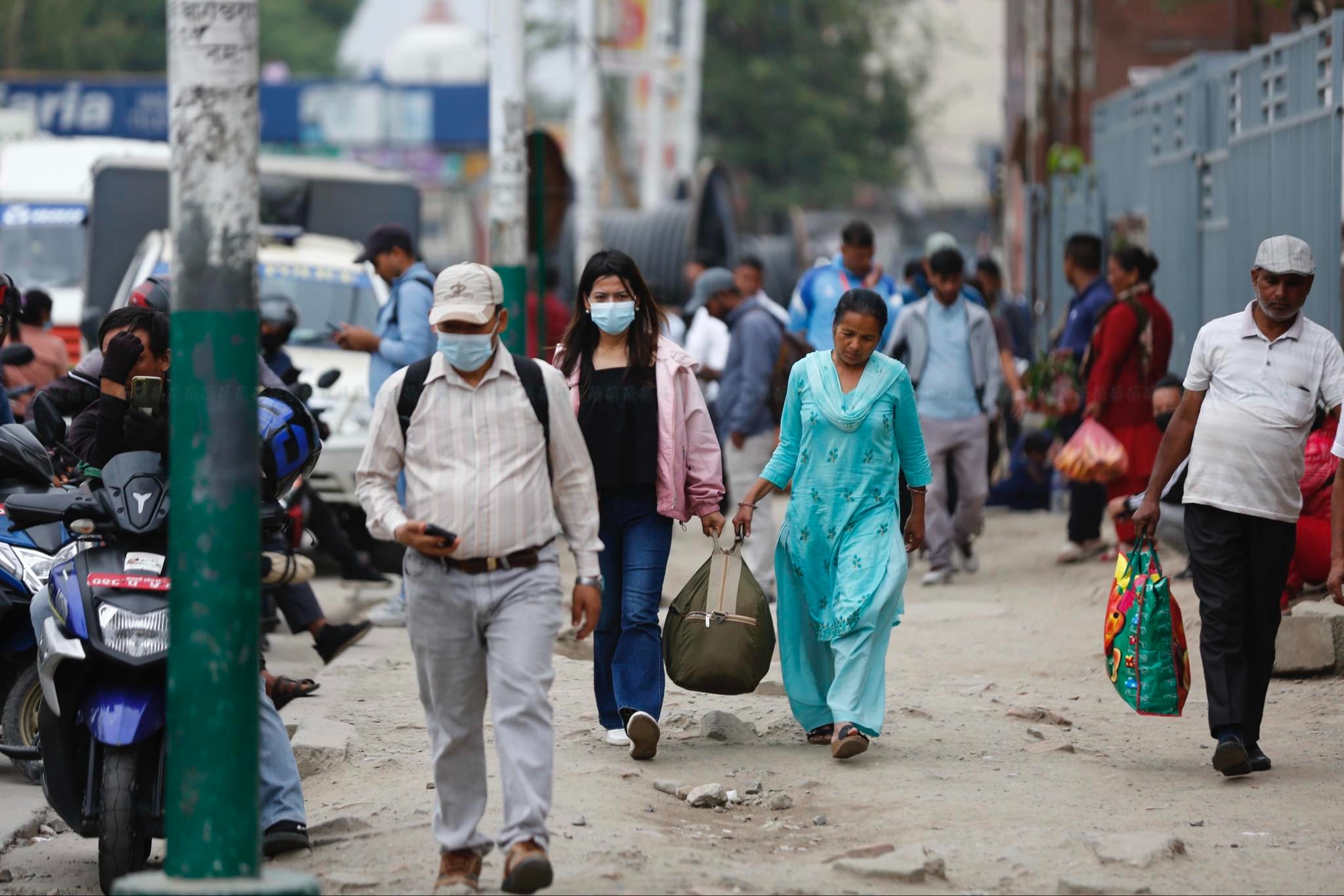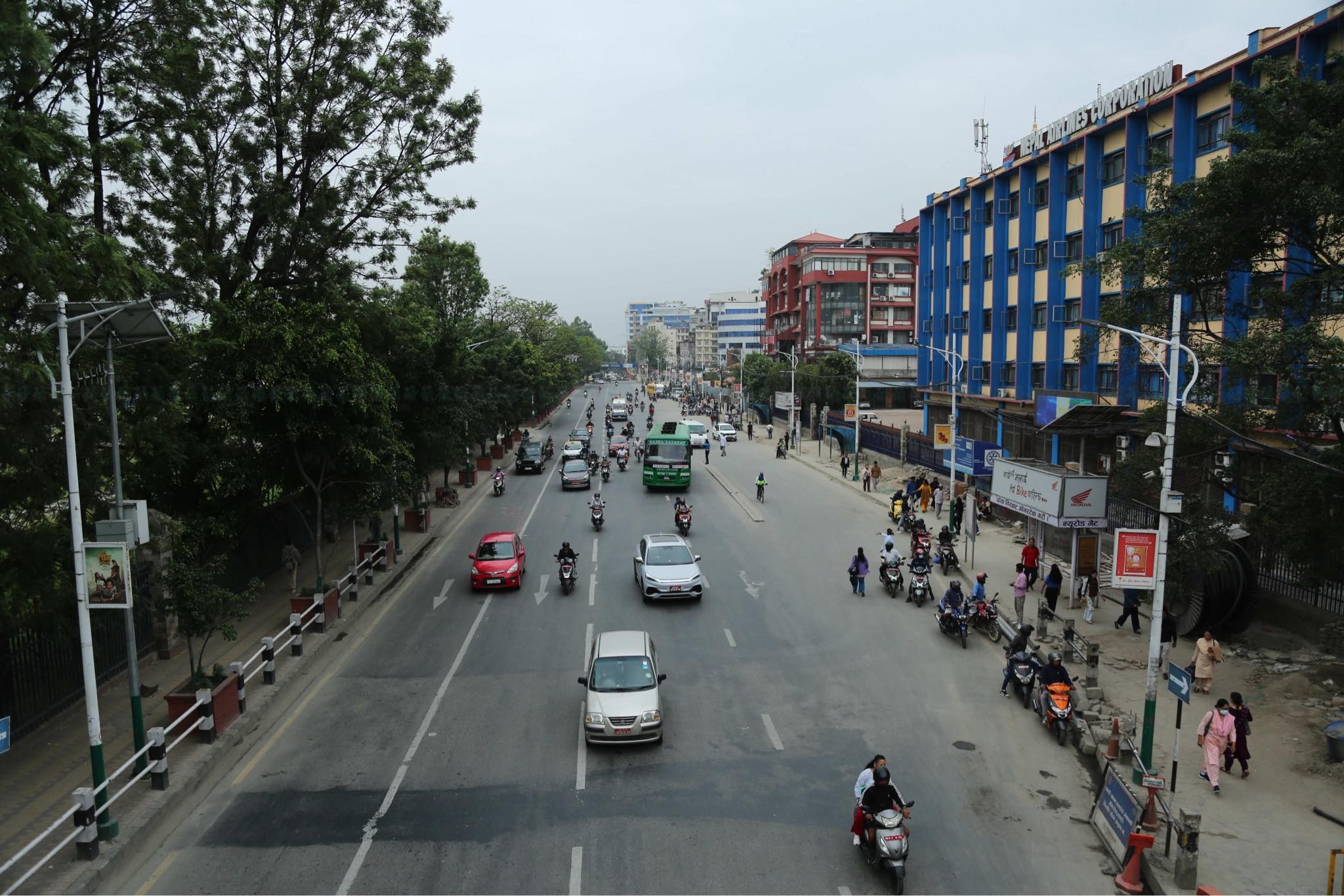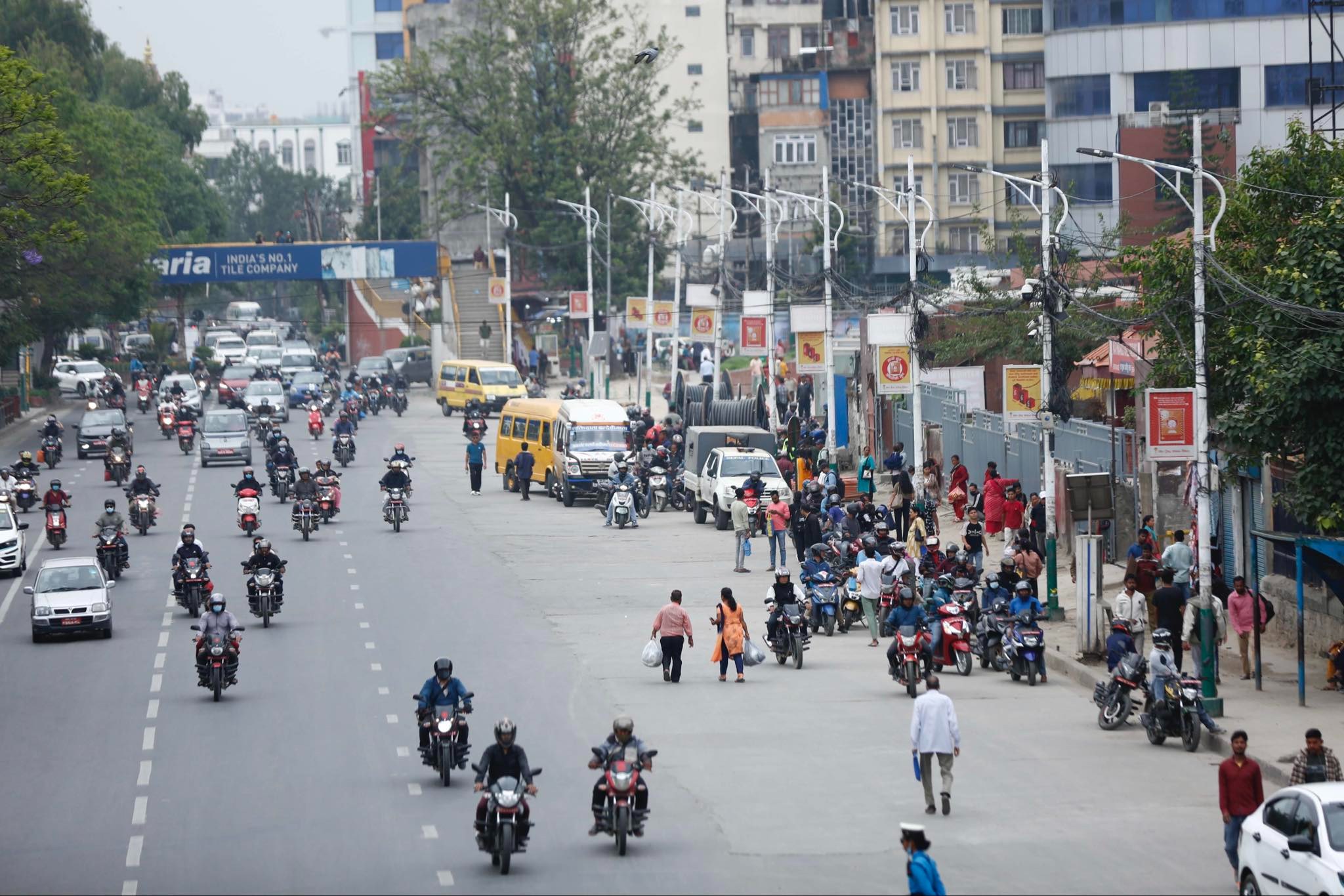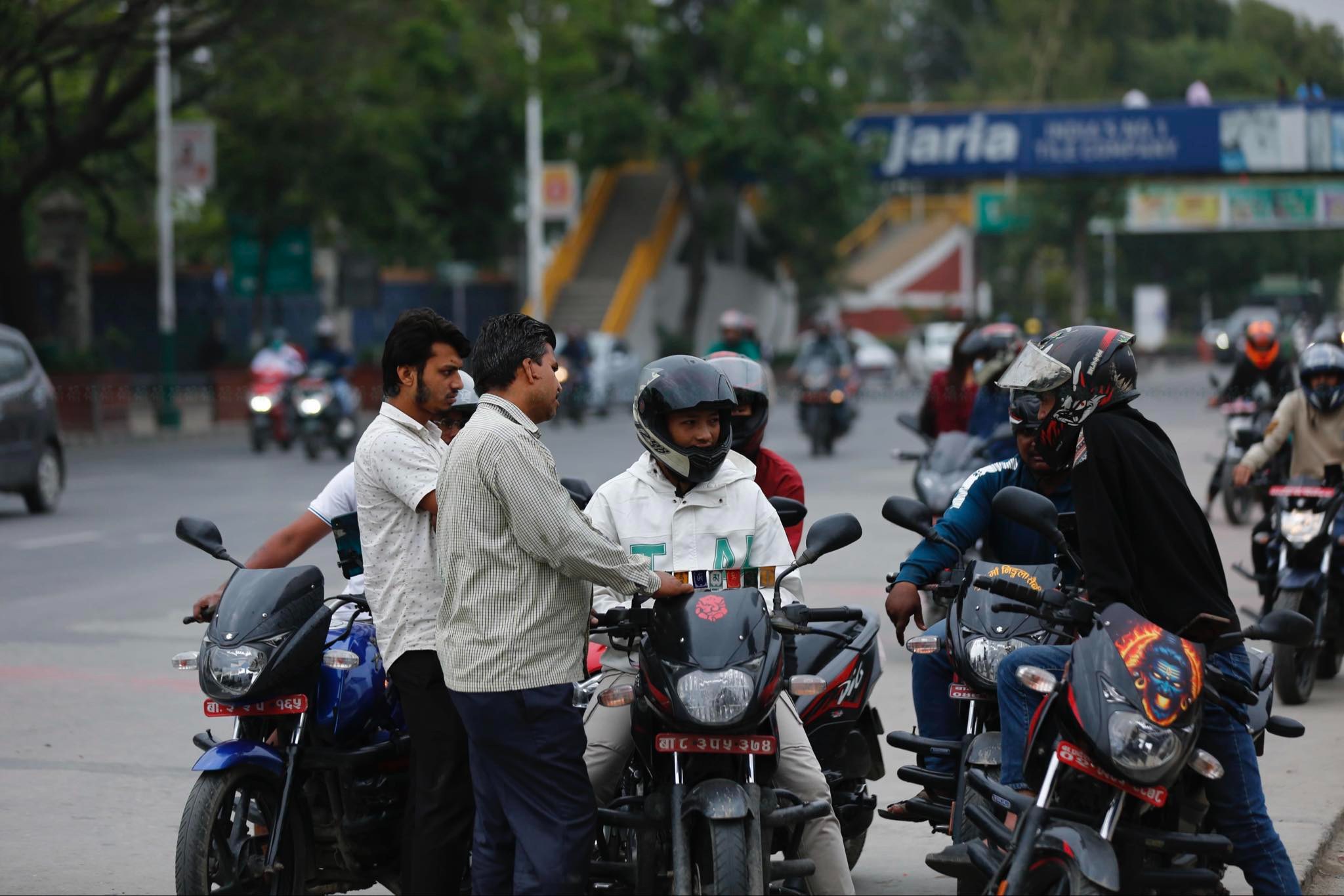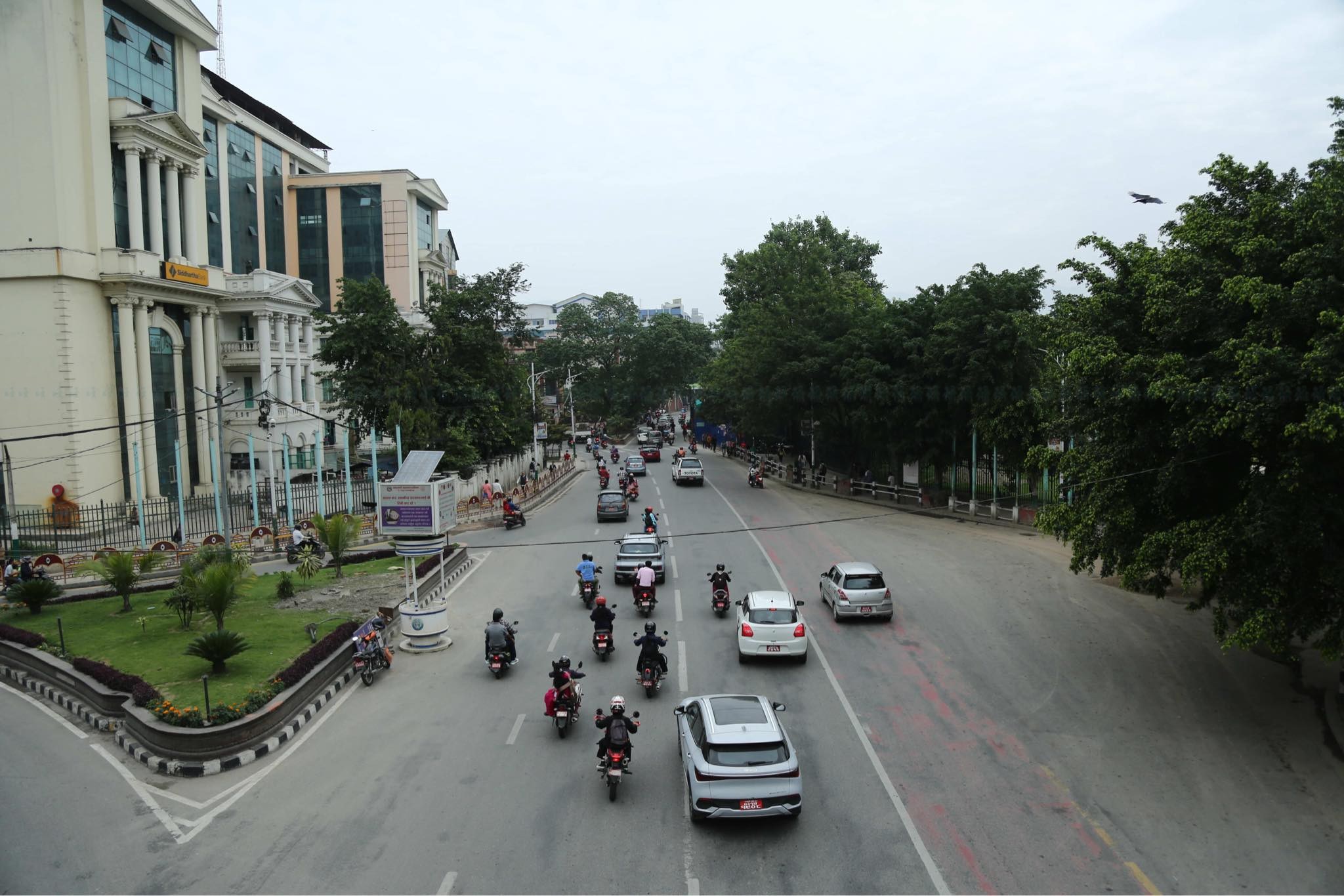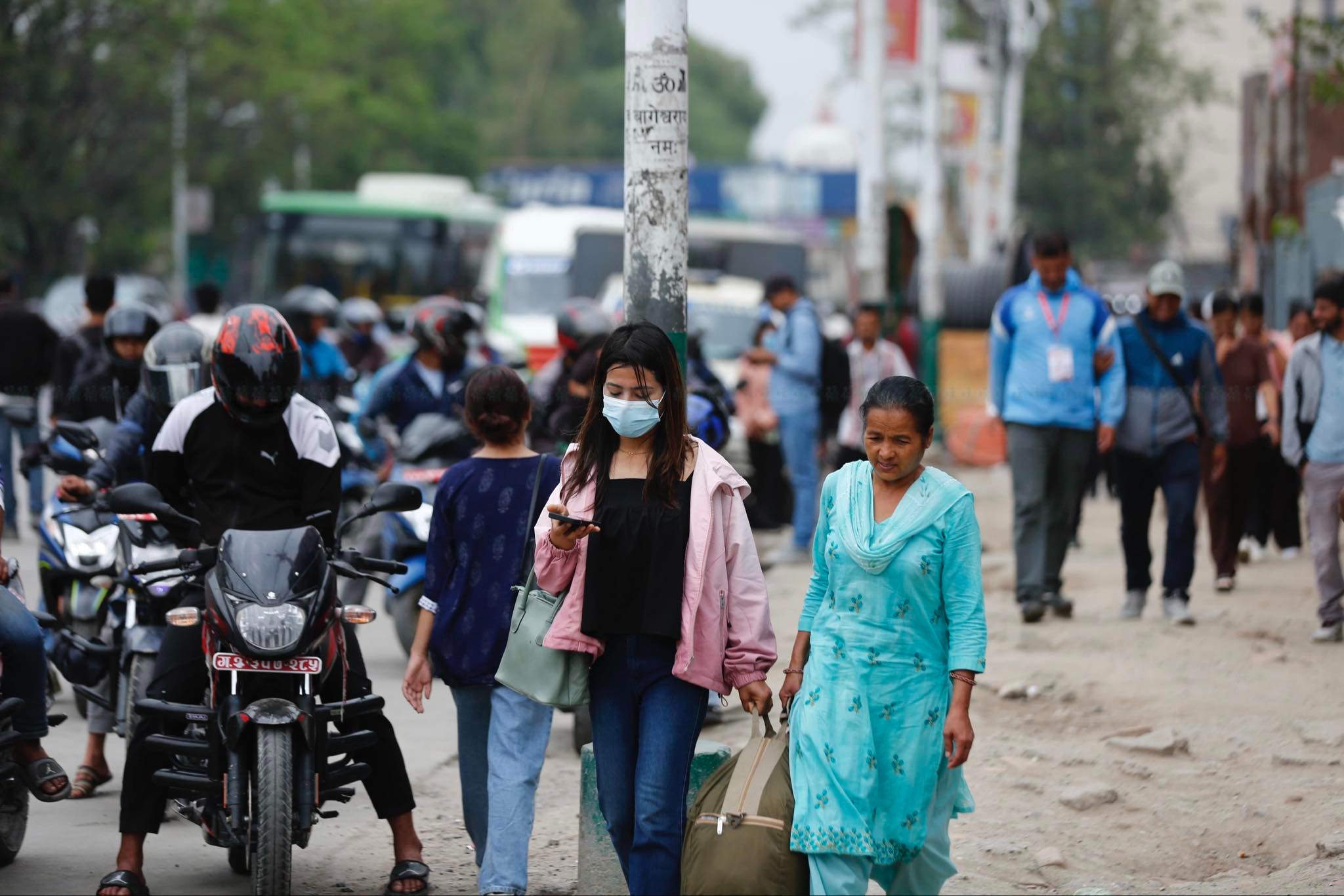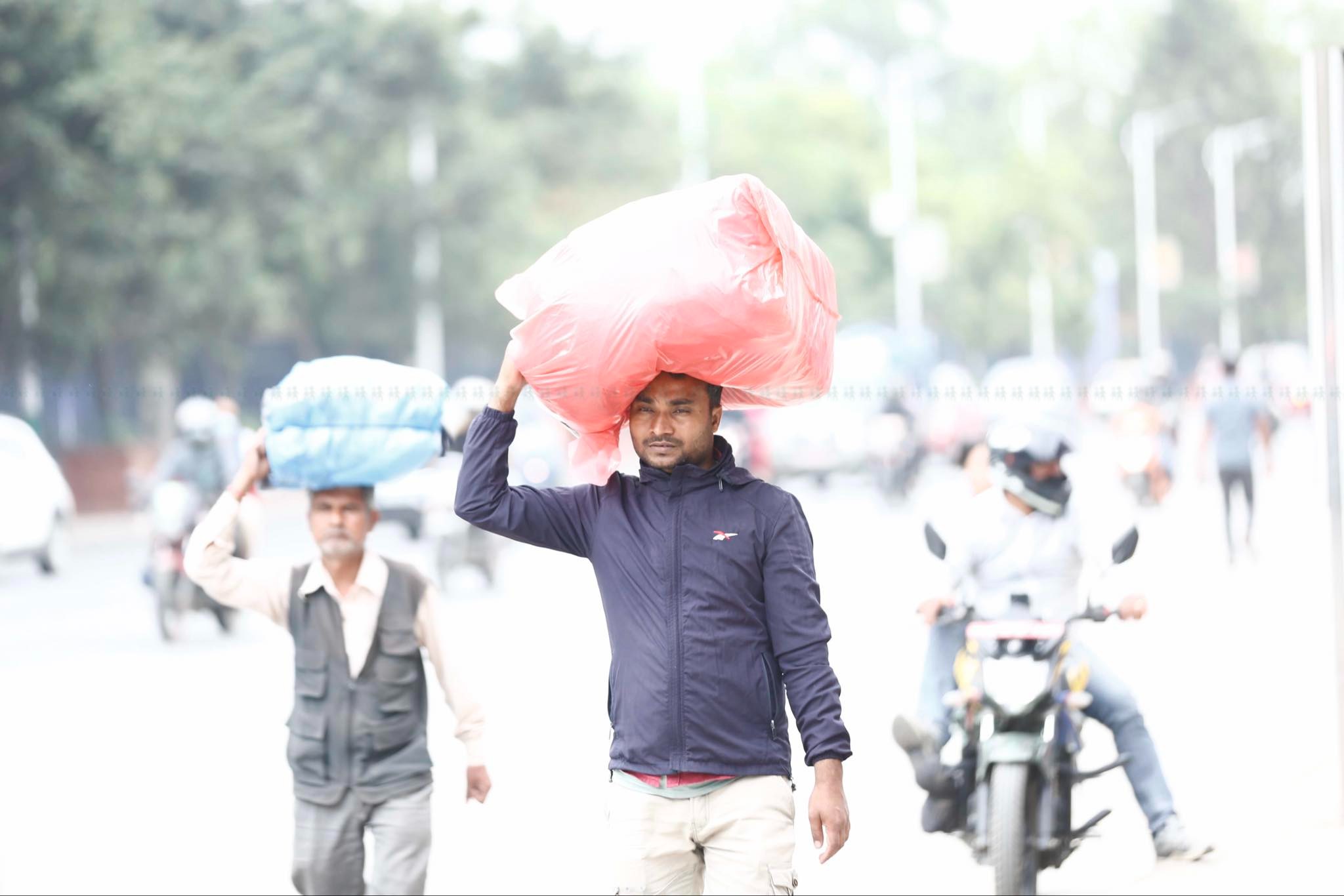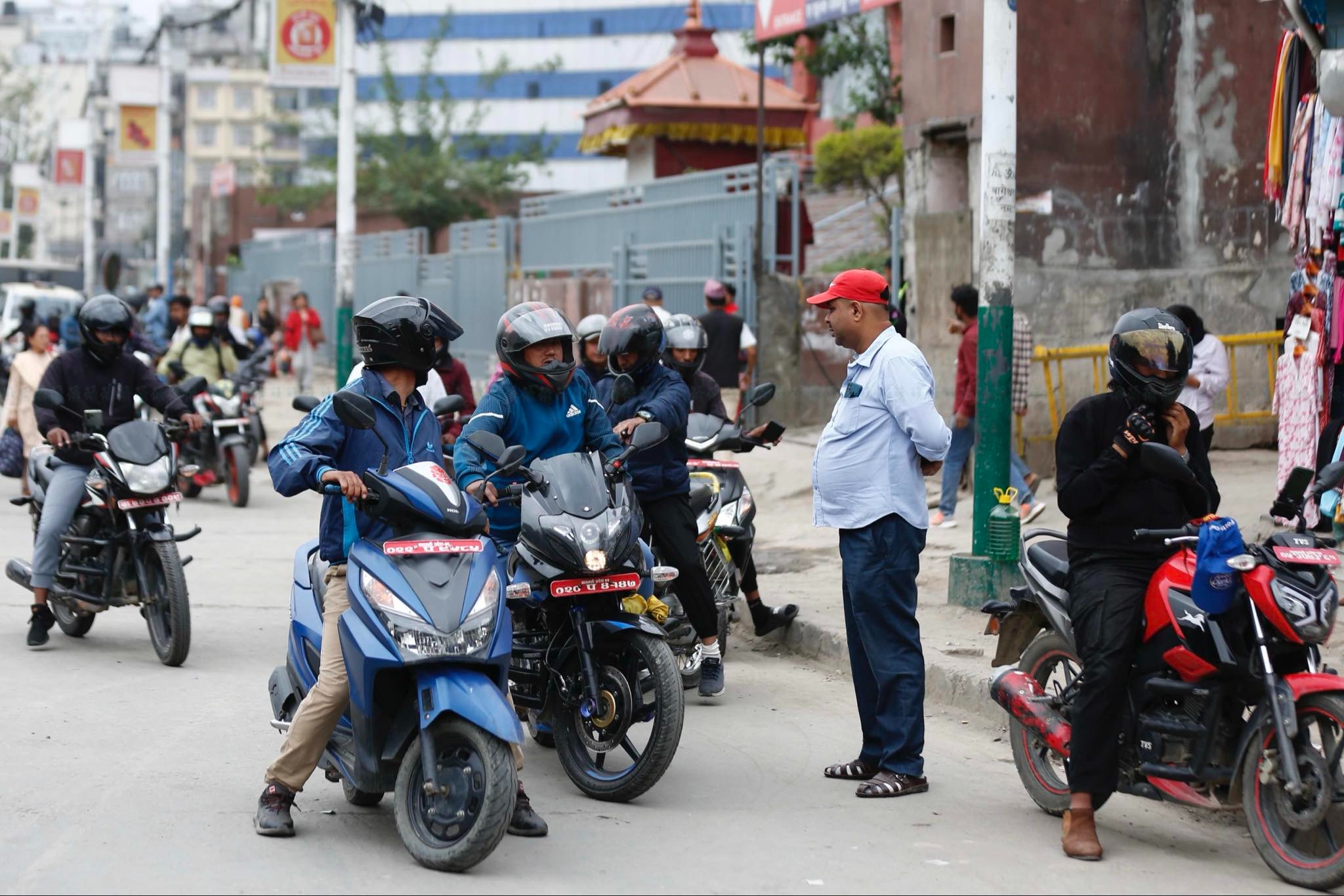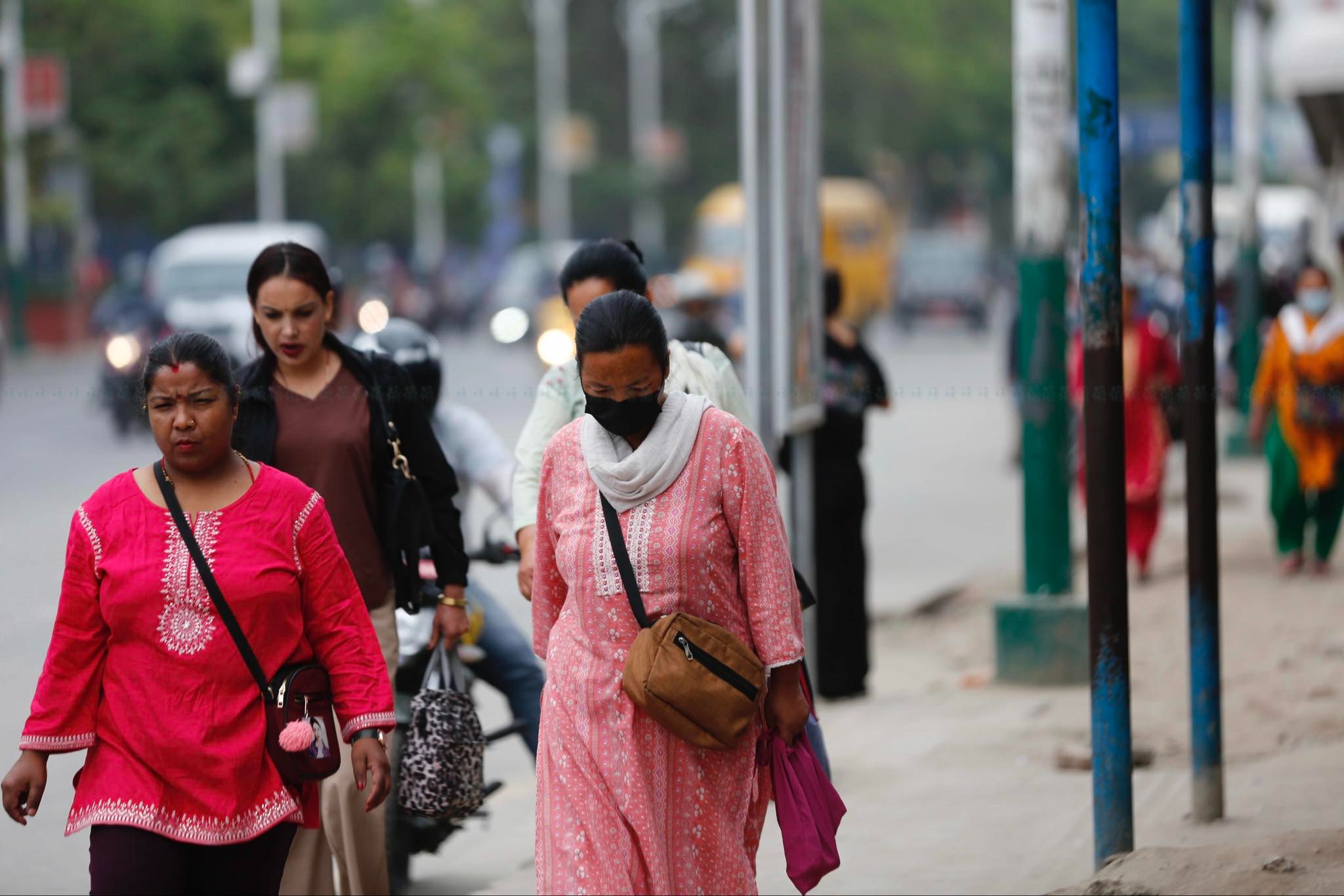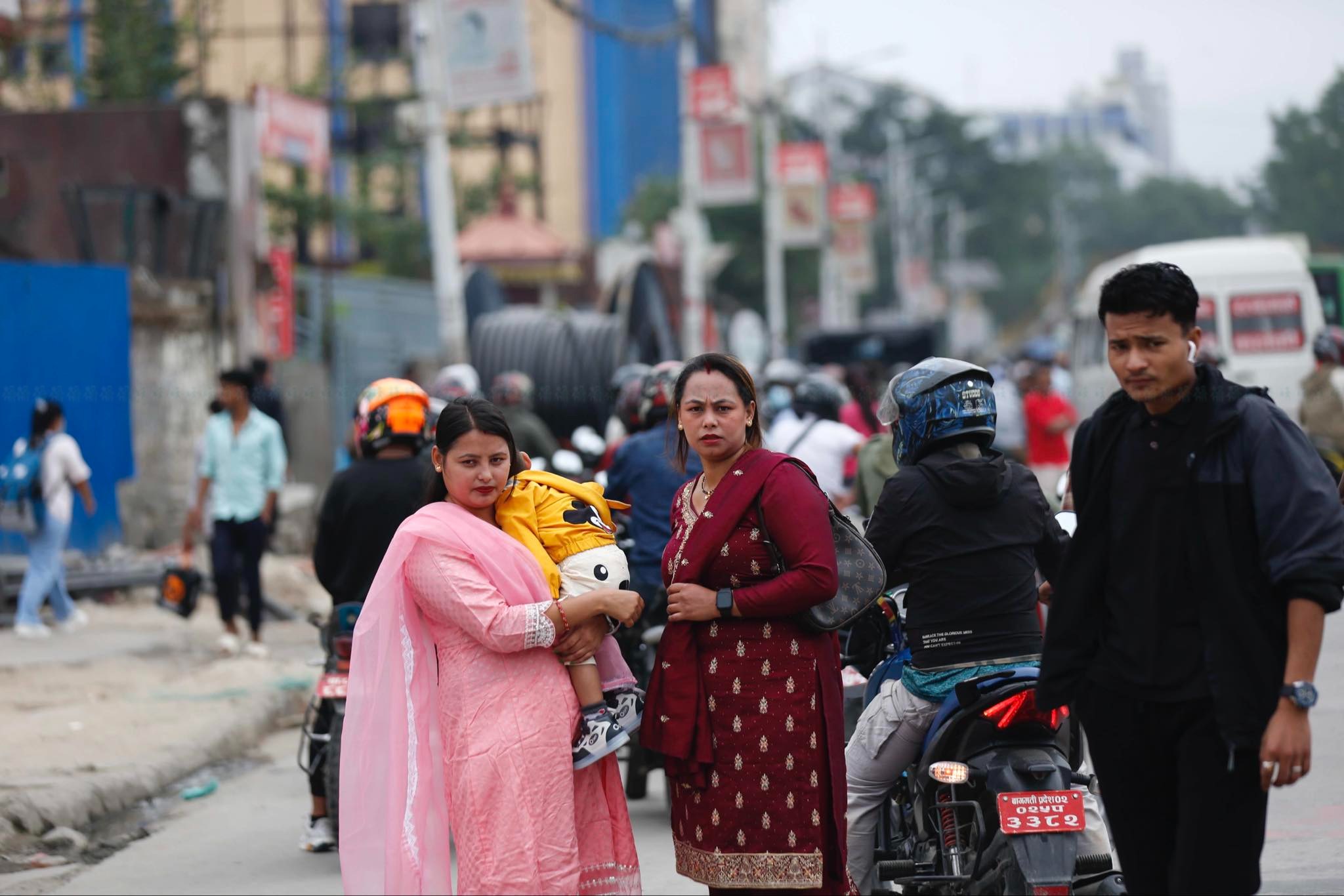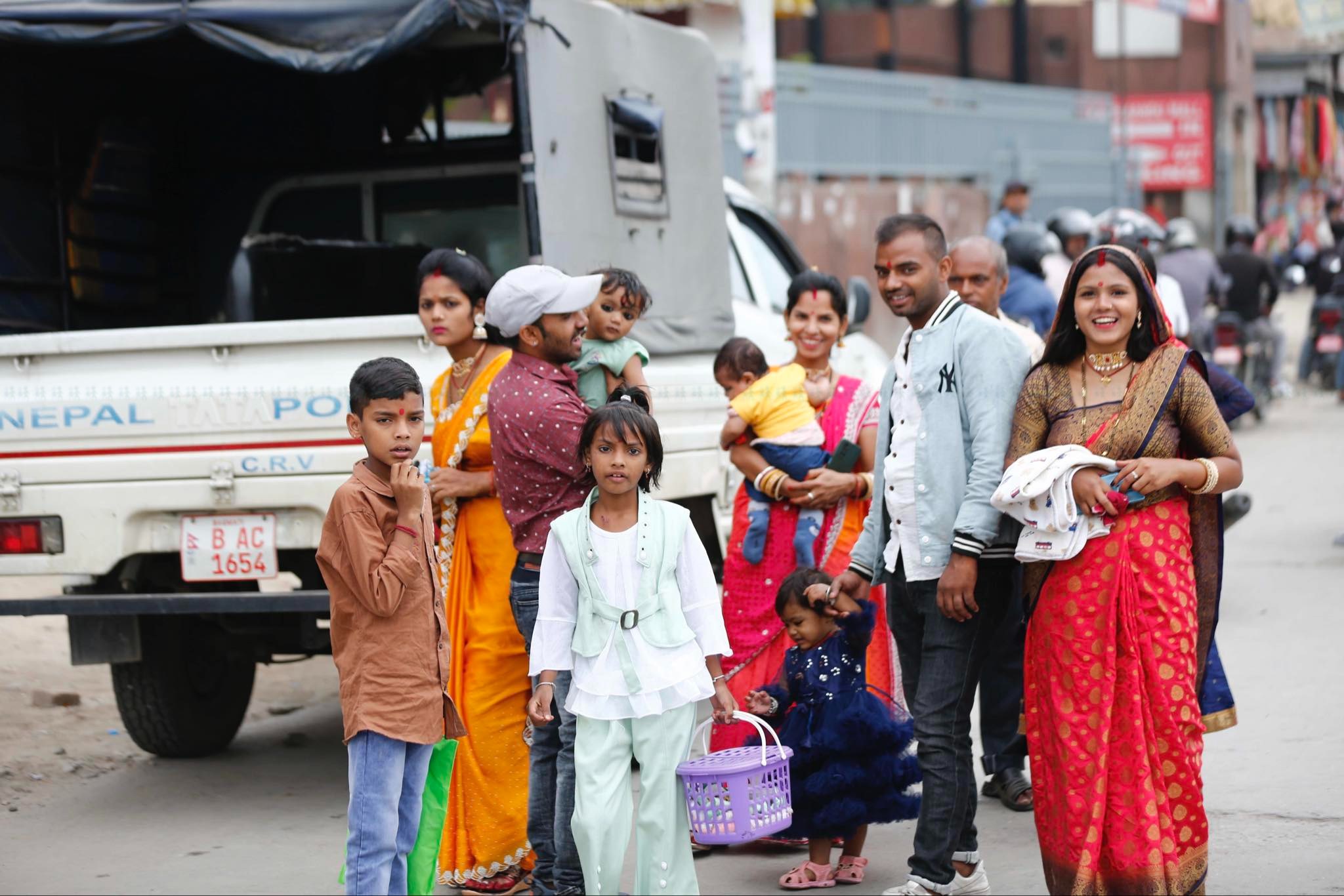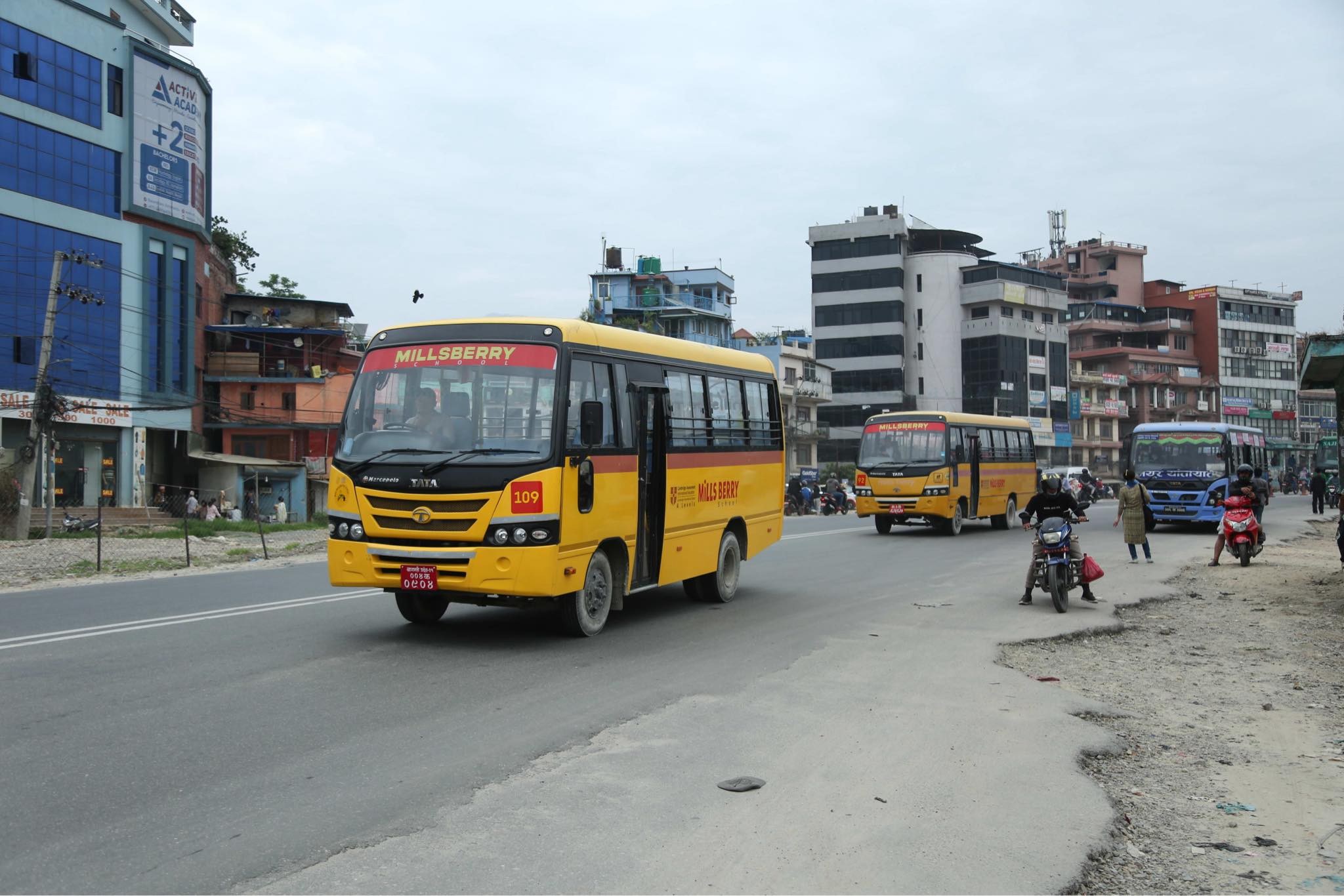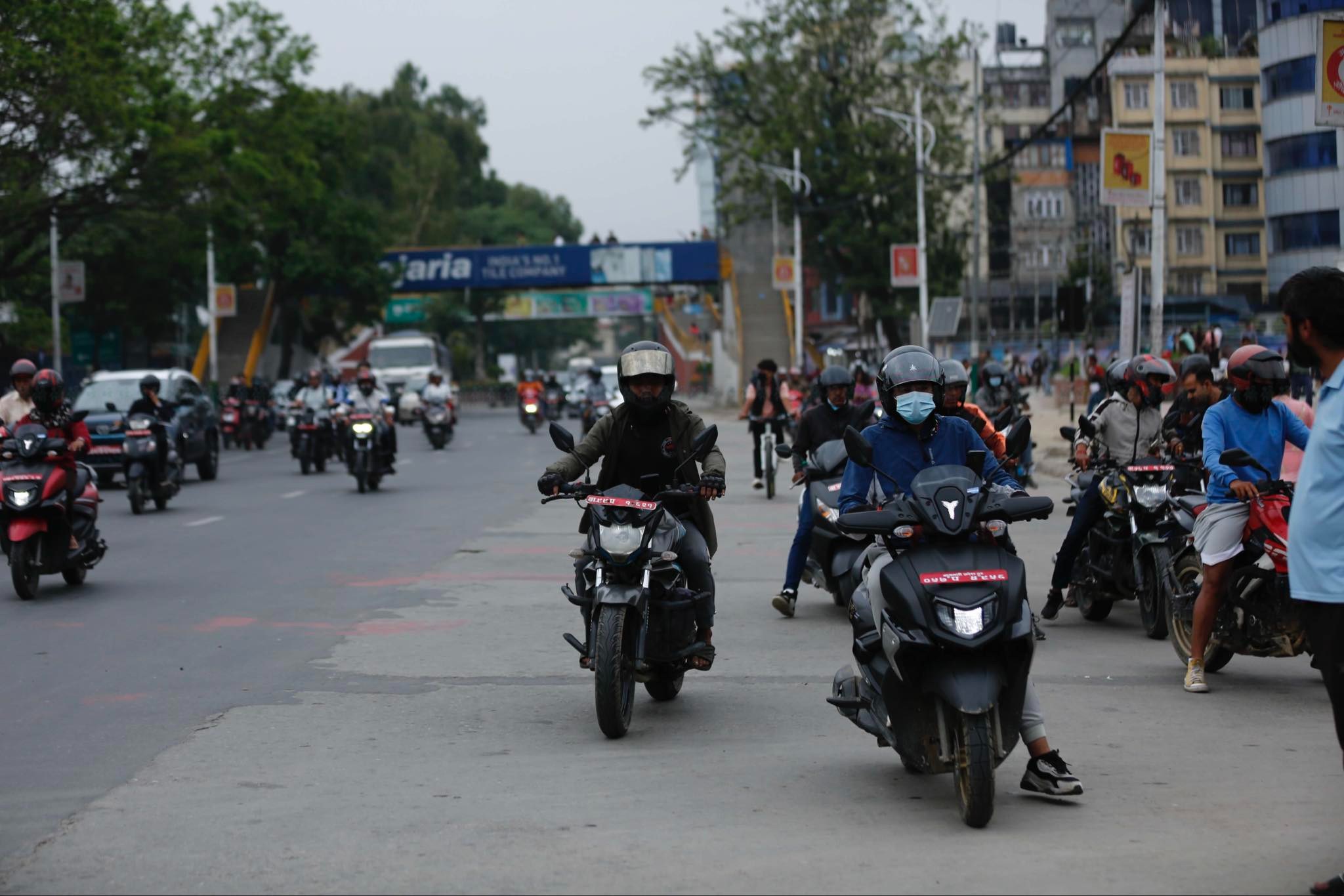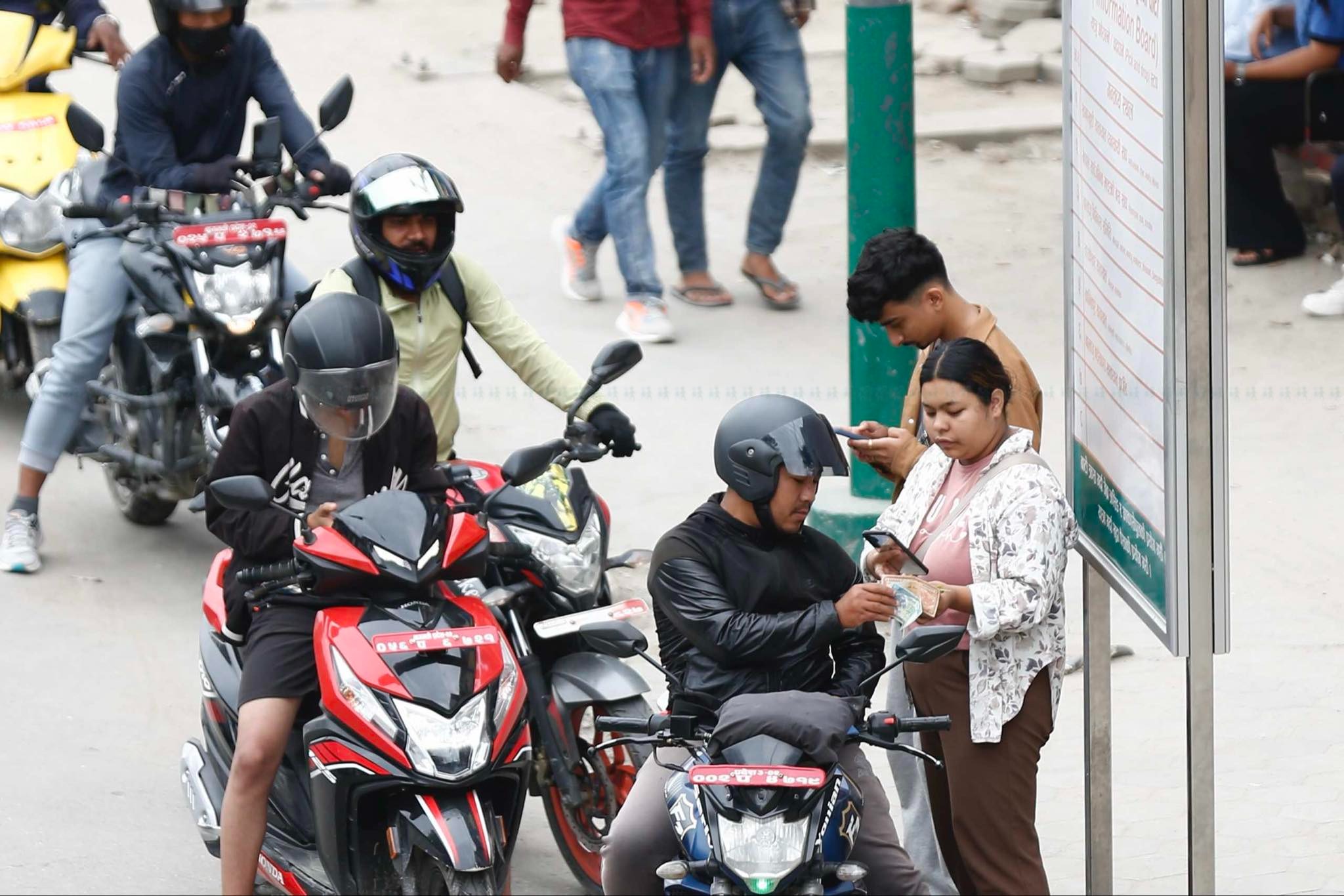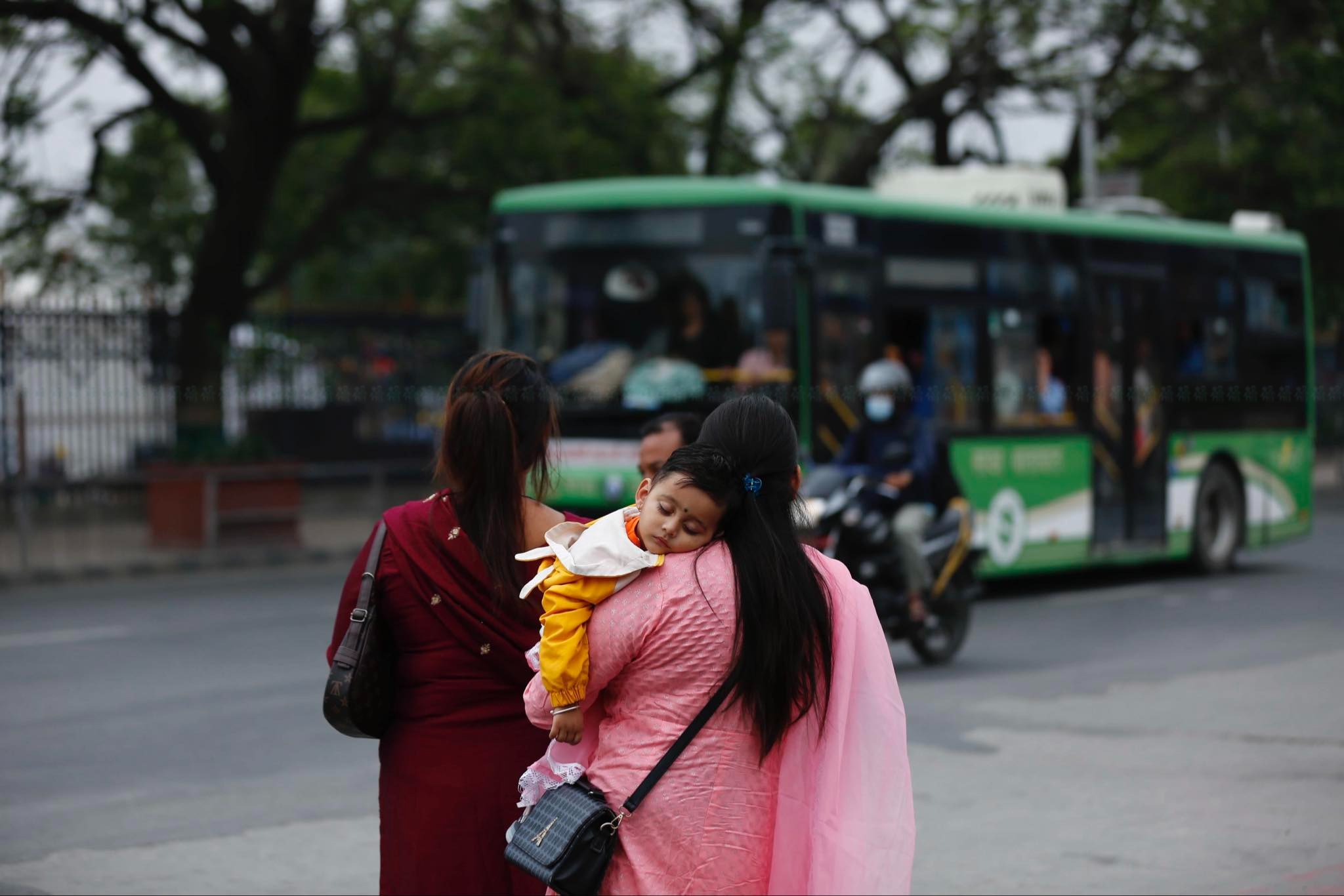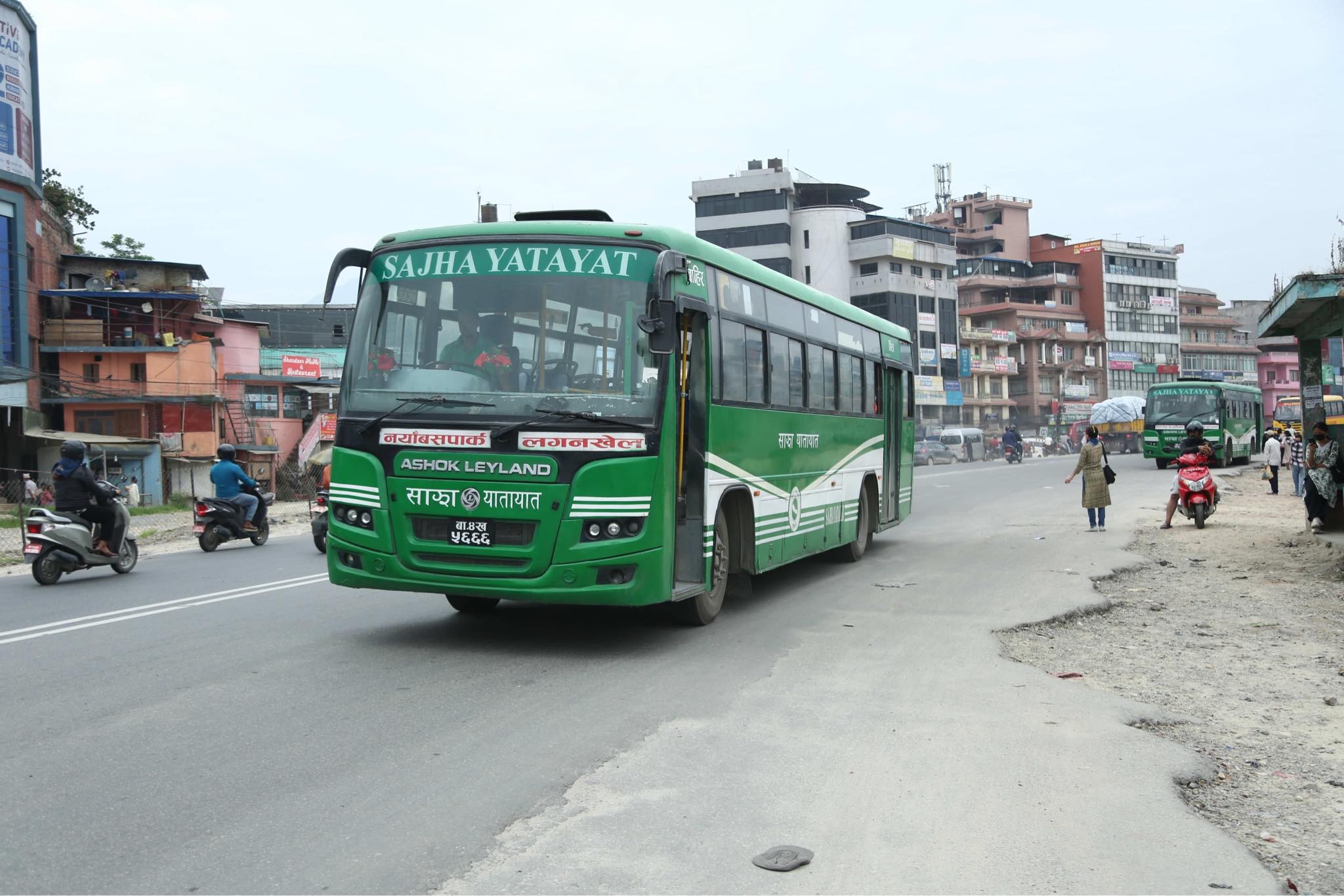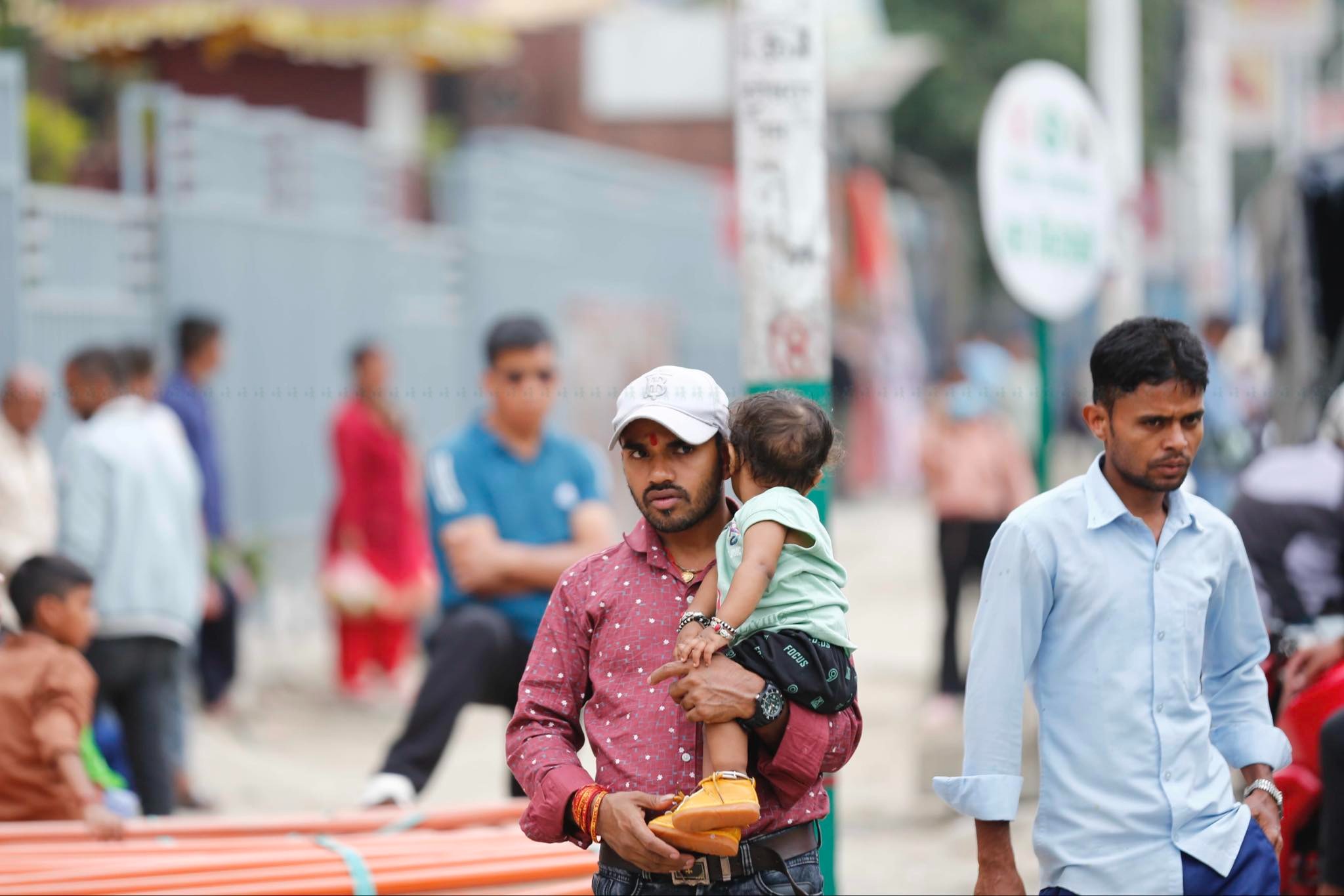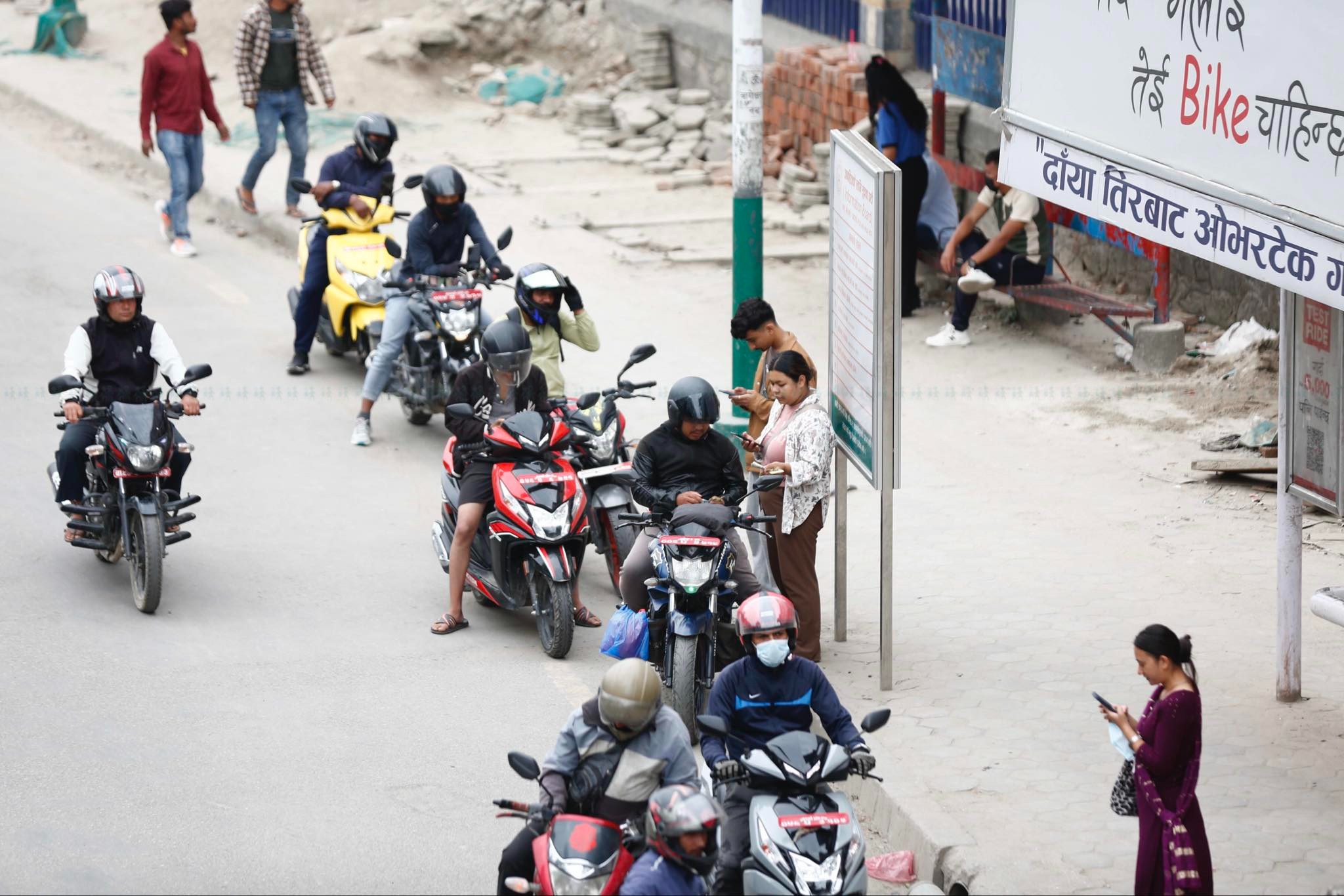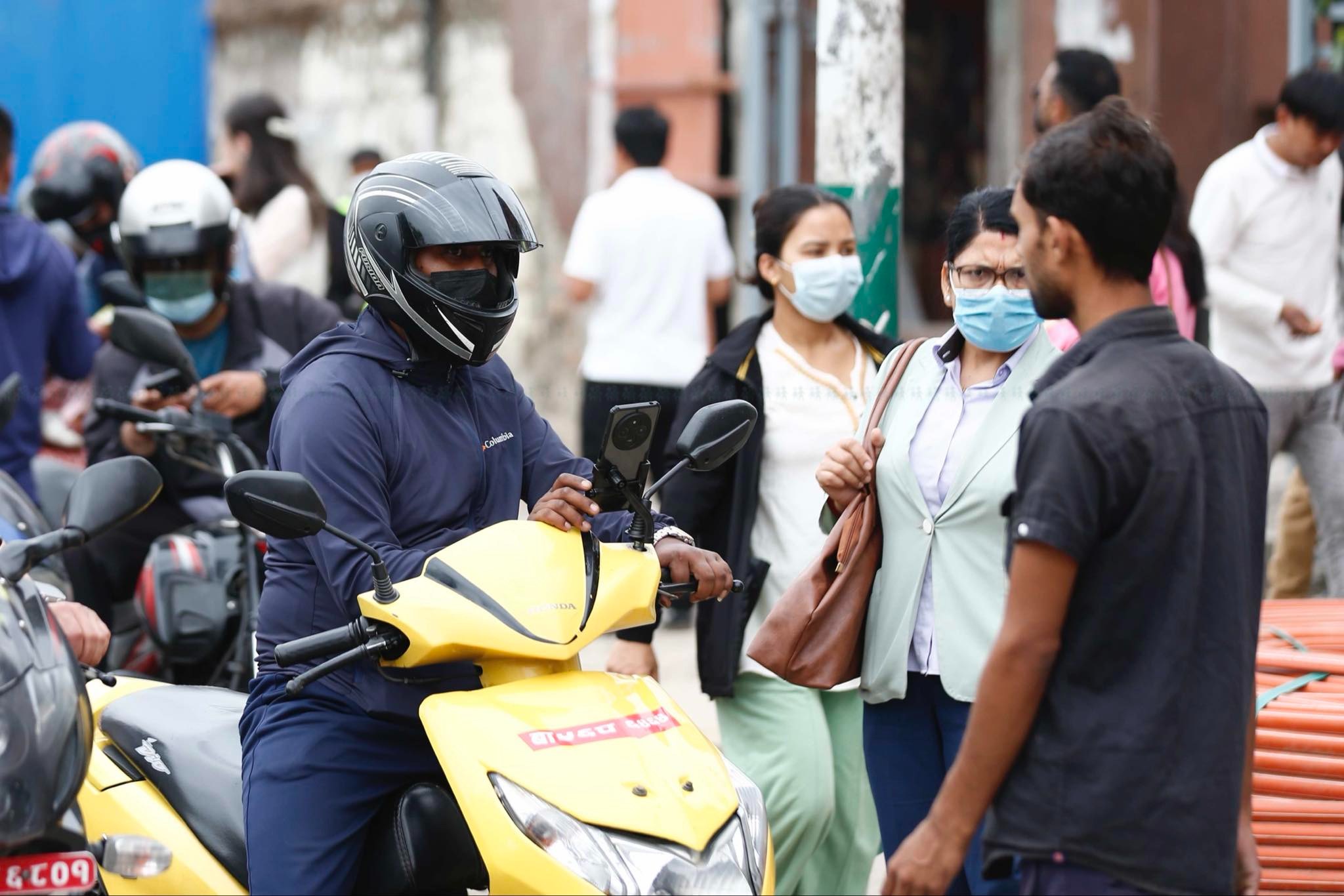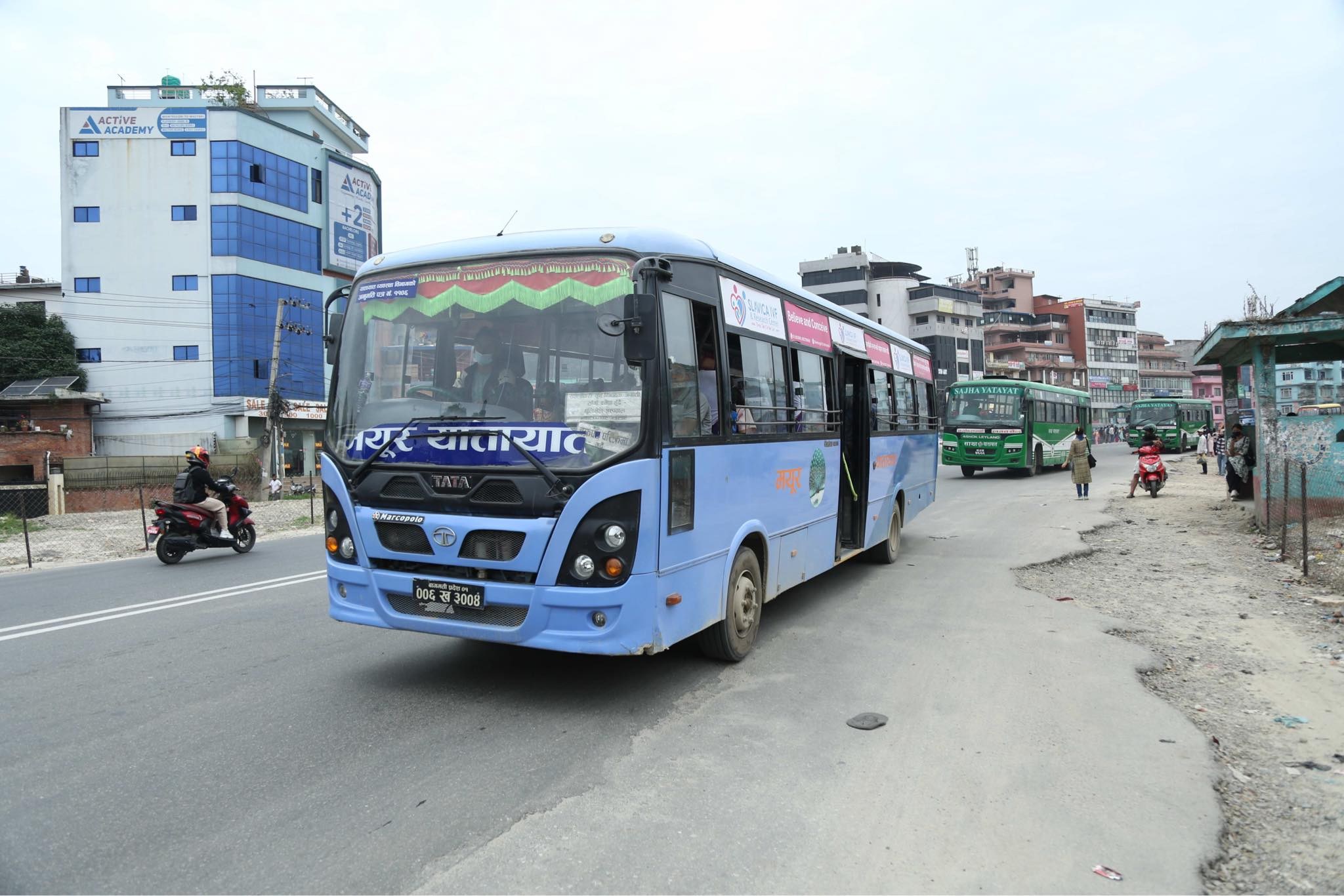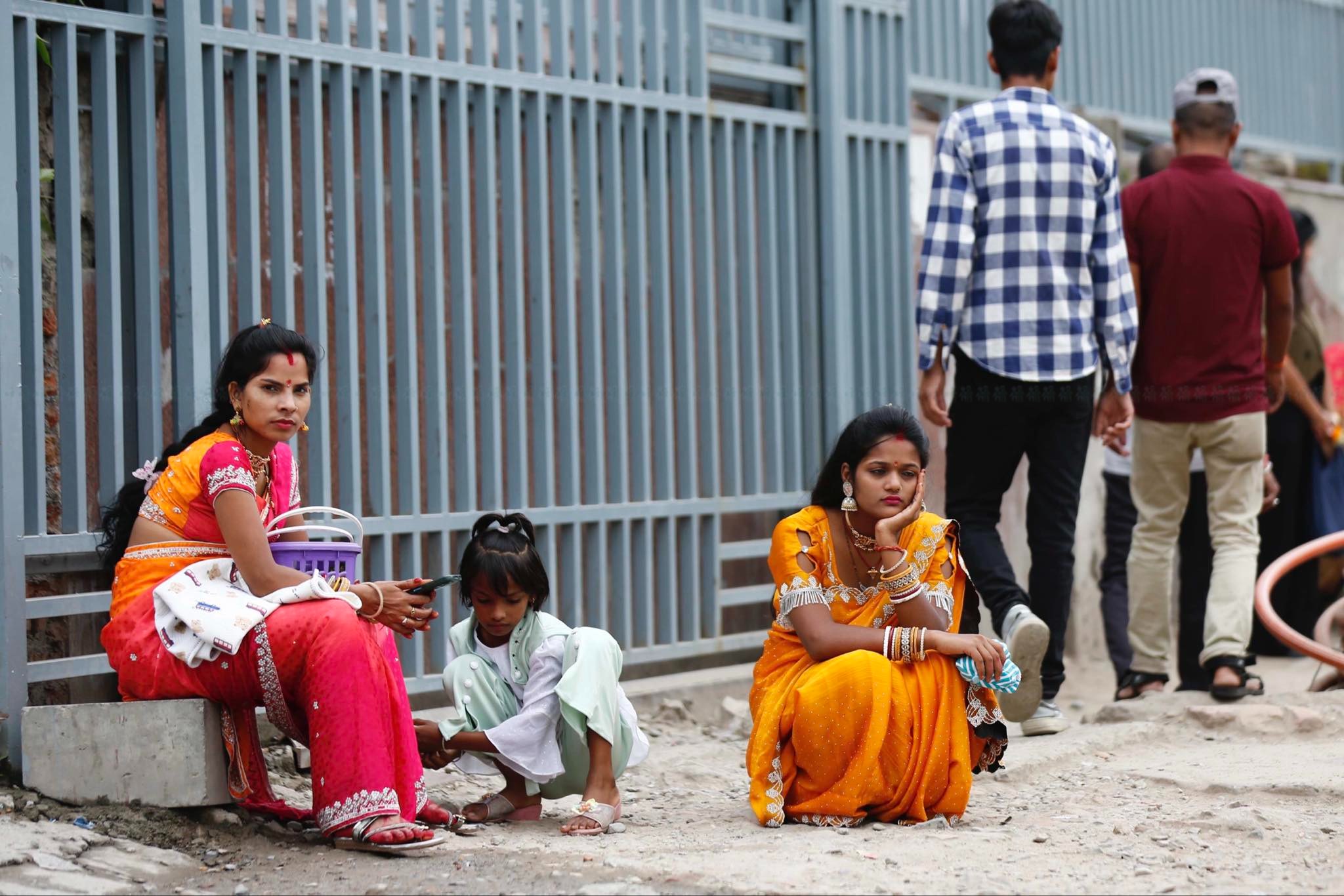Commuters faced hardships on Tuesday as well due to the ongoing protest by the Federation of Nepalese National Transport Entrepreneurs (FNNTE).
Except for a few, public vehicles stayed off the roads for a second consecutive day as transport entrepreneurs continued their strike despite reaching a six-point agreement with the government late Monday night.
During the discussions held between the government and transport entrepreneurs, it was agreed that the Office of the Prime Minister and Council of Ministers would request the Gandaki province government to suspend the ride-sharing directive it had recently introduced. However, the protest programs remain unchanged as the Gandaki province government has yet to implement it, said Saroj Sitaula, vice-chairman of the FNNTE.
"An agreement has been reached with the federal government, but the Gandaki government must implement it. We will proceed based on how it responds. For now, the strike continues," he said.
The impact of the transport entrepreneurs' protest is visible on the roads. With public vehicles not operating, passengers have been forced to walk to their destinations. Even patients needing to reach hospitals are traveling on foot. The few public vehicles, including Sajha buses, that are operating sporadically have not been able to handle the passenger load.
Taking advantage of the limited number of public vehicles, offline riders have started charging passengers exorbitant fares. Although the administration has been cracking down on this since Monday, it has not been able to monitor everywhere. Passengers say it has caused them difficulties.
To provide relief to commuters, Nepal Police and the Armed Police Force have been providing free bus services along the Ring Road and a few other routes since Monday.
